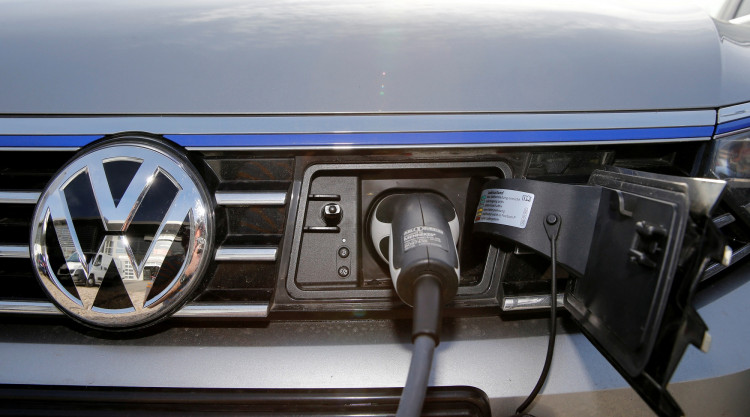As part of its 130 billion euro economic recovery plan, the German government will be requiring all petrol stations around the country to offer charging stations for electric vehicles. The move is aimed at boosting the consumption of electric vehicles by reducing range anxiety for would-be buyers and current owners.
Apart from supporting the development of an enhanced EV infrastructure the government has also announced plans of increasing taxes and penalties on large-displacement and emission-causing diesel and gasoline-powered vehicles, particularly large diesel sports utility vehicles (SUVs). Meanwhile, Germany will be increasing its subsidy for new electric vehicle purchases to 6,000 euros.
Germany's move to bolster its EV industry follows a similar strategy implemented by France last week. Analysts at energy storage firm The Mobility House points out that the plan is a clear sign of Germany's commitment to pushing for the use of battery-powered vehicles moving forward. The policy changes it is implementing are aimed at discouraging the purchase of fossil fuel-powered vehicles and encouraging the adoption of electric mobility.
Aside from equipping petrol stations with charging piles, Germany plans to use part of its 2.5 billion euro government stimulus to enhance the country's battery cell production and overall charging infrastructure. With added charging stations and EV supporting systems, the country is hoping for a surge in EV vehicle demand. As of 2019, electric cars only made up about 1.8 percent of the country's total passenger car registrations. Meanwhile, diesel cars accounted for 32 percent, while petrol cars accounted for 59.2 percent of the total registrations.
According to data from the German vehicle agency KBA, there were only about 5,578 electric vehicles out of the 168,148 new registrations for the month of May this year. This equates to about 3.3 percent of the total. Analysts point out that more than 90 percent of new-vehicle buyers stay away from electric models simply because they do not want to have a vehicle with a limited range. Germany's solution to the problem will be to equip all petrol stations, which are generally open 25 hours, with charging piles.
As of March this year, Germany has a total of around 27,730 EV charging stations. An estimate made by German energy and water industry association, BDEW, the country will need to have at least 70,000 standard charging stations and 7,000 fast-charging piles to achieve a mass-market adoption of electric vehicles. The estimate is based on the current range of new models, which sport far superior battery technologies when compared to older iterations.






